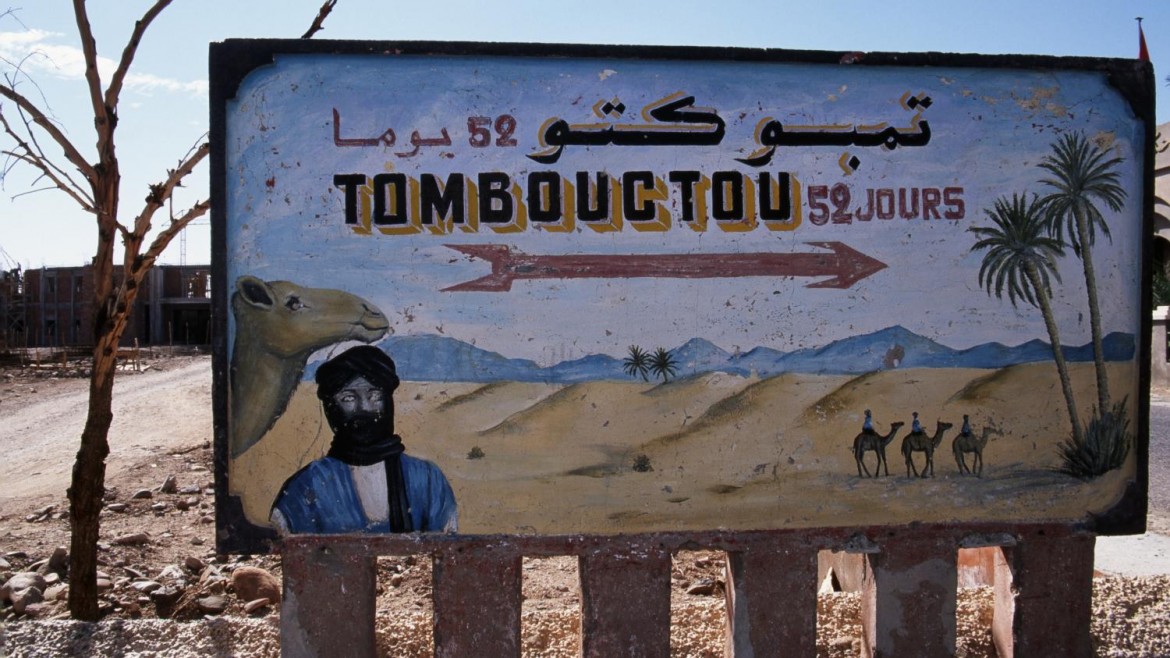Censorship
Sharia film too scary to France
French Culture Minister Fleur Pellerin banned a documentary about radical Islamists to minors, severely limiting the film’s distribution.

The controversy has been in the air since conversations about the film Salafistes started. The documentary, focused on Islamic radicals, was scheduled to be released yesterday in theaters across the Alps, but there were questions about public safety, and the rancour exploded a few days ago.
At FIPA, the Audiovisual Festival in Biarritz, France, organizers decided at the last minute (apparently under pressure from the National Center for Cinema) to reserve the projection of Salafistes, by François Margolin and Lemine Ould Salem, only to reporters and accredited members. They asked the public to leave the theater. Protests and accusations of censorship followed, and the festival has not able to give any plausible explanations other than that the violence of some sequences could be offensive.
Now the real reason has emerged: Officials believe the film appears to justify terrorism.
Yesterday came the news that the French Culture Minister Fleur Pellerin was assigning the film a PG-18 rating, a rare decision for a documentary that involves many circulation restrictions for theaters. In Paris, it will be released in two theaters and only a few others in the rest of the country. It also prohibits television broadcast, even though television networks are among the producers. (The group France Télévisions, which co-funded the film, had said it will not air it.) The film’s branding is forbidden from appearing on the trailer, posters and in movie theaters.
“Given the choice to spread without comment scenes and speeches of extreme violence, I decided to follow the opinion of the censorship committee,” Pellerin said.
“A decision that kills the movie,” was Margolin’s reaction.
Is this an effect of the state of emergency? A global censorship trend? Nonetheless, support for Salafistes came swiftly from Claude Lanzmann, the director of the 1985 documentary Shoah and an influential personality in France. He wrote in the French daily Le Monde asking Pellerin and Prime Minister Manuel Valls not to block the film and to rescind the PG-18 rating. “The last ban on a movie dates back to 1962, during the Algerian War when the Paris police threw into the Seine protesters in favor of the FLN [National Liberation Front of Algeria],” Lanzmann writes. He defines Salafistes as “a masterpiece of enlightening intelligence. … It tells of life under Sharia as no specialist of Islam has.”
What is so scary about this film and its two directors, Salem, a Mauritanian journalist, and Margolin, director of the 2001 documentary L’Opium des Talibans? Many things, according to their detractors. One of the main charges is not to have blurred out the assassination of Ahmed Merabet, the policeman killed during the assault on the Charlie Hebdo offices. Police unions especially judged the scene harshly, and Margolin promised to change it.
But the main criticism of the directors is their lack of a clear stance. Instead of guiding the public, they chose to leave the story in the words of the characters: the radical Islamic leaders of Al Qaeda of the Islamic Maghreb. “We wanted to convey their words, their ideology, showing how they can lead to terrorism,” Margolin said. “We chose to listen to phrases that we prefer not to hear from anyone who makes war, enabling viewers to make up their own opinion.”
Filmed in Mali, Iraq, Algeria, Tunisia and Mauritania between 2012 and 2015, Salafistes shows the daily life of jihad and under Sharia — from Timbuktu, in the spring of 2012, before the French intervention, to Mauritania, following the Salafism theoreticians, to Tunisia with the extremists of the Ansar al-Sharia group. Salem is one of the few journalists who managed to get into Timbuktu back then. He embedded with Islamic police who patrolled the streets, armed with Kalashnikovs, stopping women whose veils were not worn properly, publicly chopping off the hands of thieves, and stoning those found guilty by an Islamic court. People who, ironically, also guaranteed medical care to all.
Who are the theoreticians of Islamic terrorism? What discourses conquer the minds of thousands of jihadists, from the borders of the Sahel to Western cities? There’s a young imam who preaches in Nouakchott, Mauritania, named Mohamed Salem Madjissi and his prayers go up to Raqqa, Syria, the “capital” of the Islamic State. “Mohamed Merah [the author of the attacks in Toulouse, France, that killed seven people] is the thorny fruit that France has grown,” the imam said. “What he has done serves the Muslim cause.”
Nothing is spared in the application of sharia. No mercy is granted. It’s a horror tantamount to the worst dictatorships. These are confusing times, but censorship does not help to understand them any better.
Originally published at http://ilmanifesto.info/il-quotidiano-della-sharia-che-fa-paura-alla-francia/ on 2016-01-28
